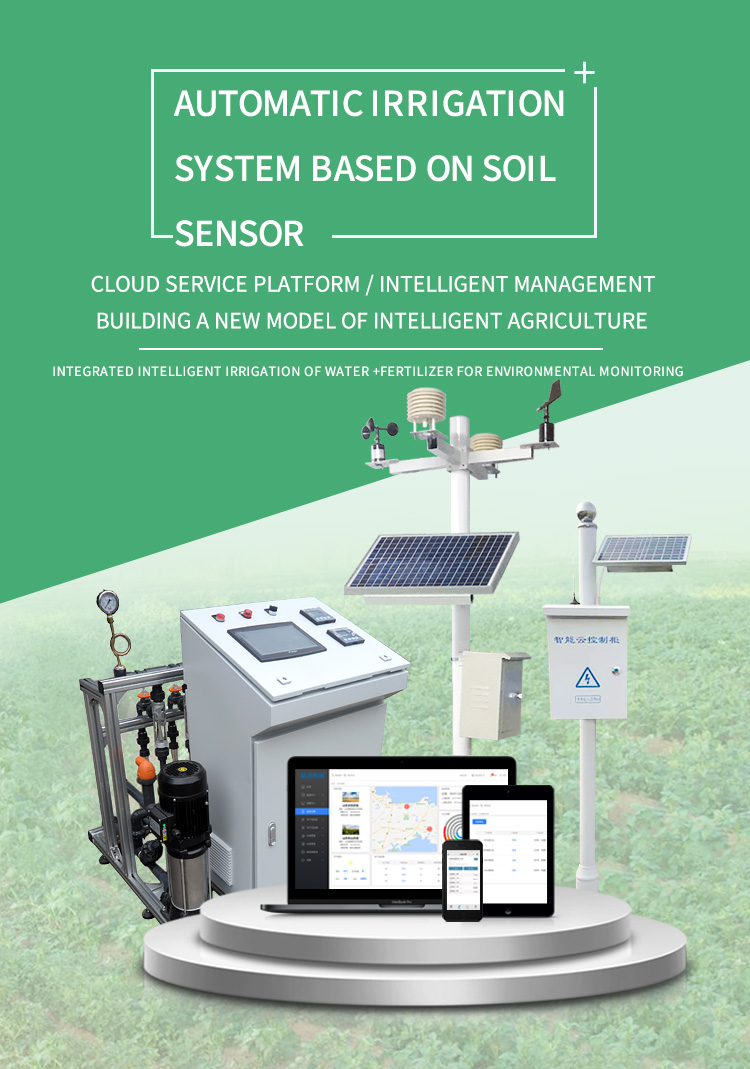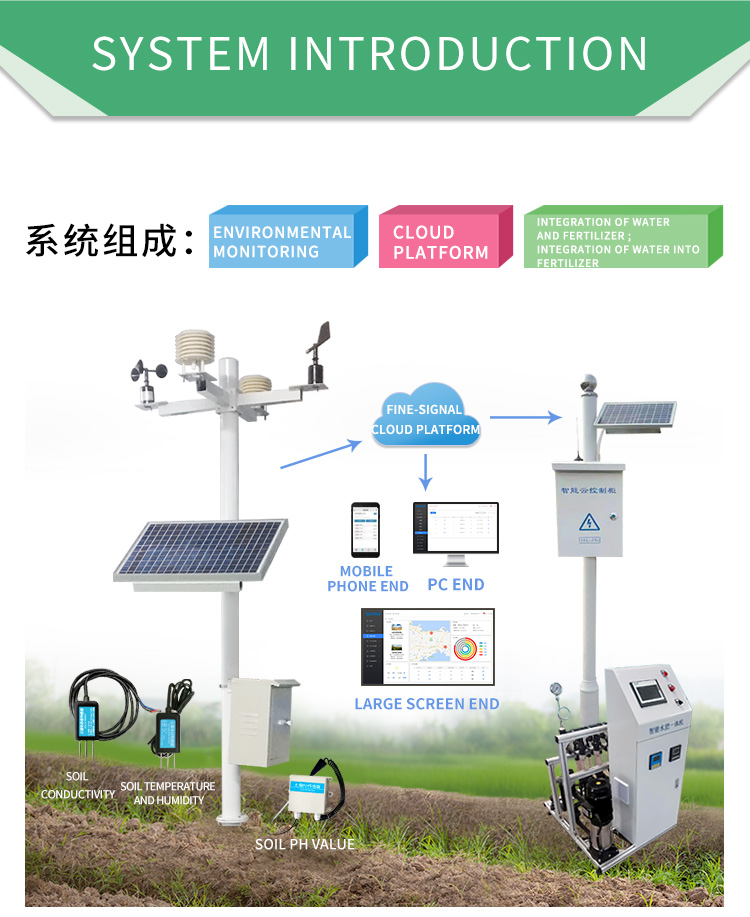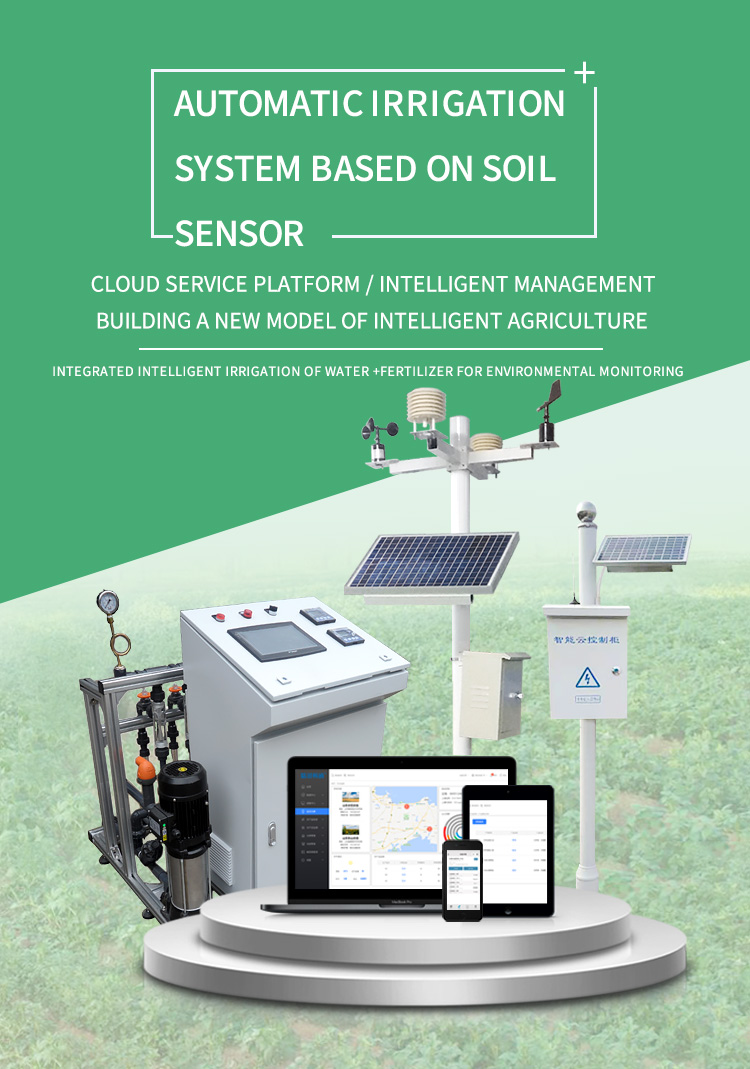Water is a precious resource, and efficient water management is crucial for sustainable agriculture. With increasing global population and climate change affecting water availability, farmers face the challenge of producing more food with limited water resources. In recent years, advancements in technology have provided innovative solutions to address this issue. One such breakthrough is the use of soil sensors in agricultural practices. These sensors allow farmers to monitor soil moisture levels in real-time, enabling them to optimize water usage and enhance crop productivity. In this article, we will explore the role of soil sensors in achieving optimal water management and improving agricultural outcomes.

Understanding Soil Sensors:
Soil sensors are electronic devices that measure various parameters related to soil conditions and provide valuable data to farmers. These parameters include soil moisture, temperature, pH levels, nutrient content, and salinity. By collecting accurate and real-time data, soil sensors help farmers gain insights into soil health and make informed decisions regarding water management.
Monitoring Soil Moisture Levels:
Soil moisture is a critical factor that affects plant growth and water requirements. Too much or too little water can lead to crop stress, reduced yield, and inefficient water usage. Soil moisture sensors provide farmers with precise information about the moisture content in the soil at different depths. By monitoring this data, farmers can determine the optimal irrigation schedule and avoid overwatering or underwatering. This ensures that crops receive the right amount of water at the right time, leading to improved water efficiency, healthier plants, and higher yields.
Implementing Irrigation Strategies:
Soil sensors play a vital role in implementing efficient irrigation strategies. By continuously monitoring soil moisture levels, farmers can determine when and how much water to apply to their crops. This information allows them to optimize irrigation schedules, reduce water loss through evaporation, and prevent water stress in plants. Additionally, soil sensors can be integrated with automated irrigation systems, enabling precise and targeted water delivery based on real-time soil moisture data. This technology, known as precision irrigation, ensures that water is applied only where it is needed, conserving water resources and minimizing water wastage.

Improving Water Use Efficiency:
Water use efficiency is a measure of how effectively water is utilized in crop production. Soil sensors help farmers improve water use efficiency by providing insights into soil moisture dynamics and crop water requirements. By analyzing the data collected from soil sensors, farmers can identify areas with high or low moisture content within their fields. This information allows them to adjust irrigation practices accordingly, applying more water to dry areas and reducing water application in wet areas. As a result, water is used more efficiently, reducing water consumption and increasing crop productivity.
Managing Nutrient Availability:
Soil sensors not only provide information about soil moisture but also help farmers understand nutrient availability in the soil. Nutrients are essential for plant growth, and their availability affects crop development and yield. Soil sensors can measure nutrient levels in the soil, allowing farmers to assess the availability of nutrients such as nitrogen, phosphorus, and potassium. By understanding nutrient status, farmers can apply fertilizers more precisely, avoiding over-application and nutrient wastage. This targeted approach improves nutrient use efficiency, reduces environmental impact, and optimizes crop growth.
Predictive Modeling and Decision Support Systems:
The data collected from soil sensors can be analyzed using predictive modeling techniques and integrated into decision support systems. These tools assist farmers in making informed decisions regarding water management. By combining soil sensor data with weather forecasts, crop models, and historical data, farmers can predict crop water requirements and plan irrigation schedules accordingly. These predictive models help optimize water usage, prevent water stress, and improve overall crop productivity. Decision support systems provide recommendations and alerts based on real-time soil sensor data, empowering farmers to make timely and well-informed decisions regarding irrigation and water management.







